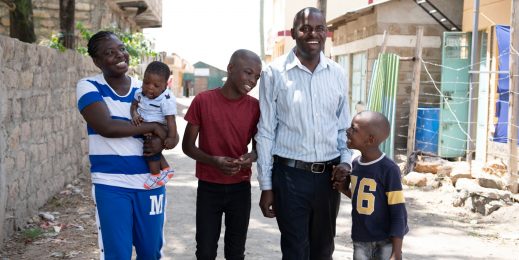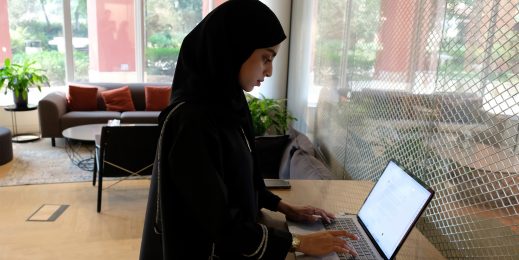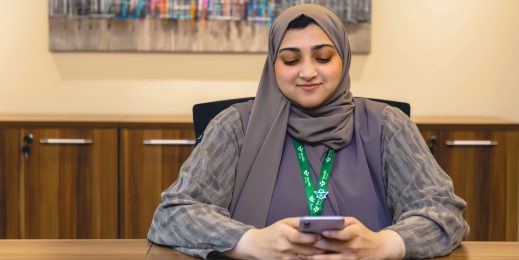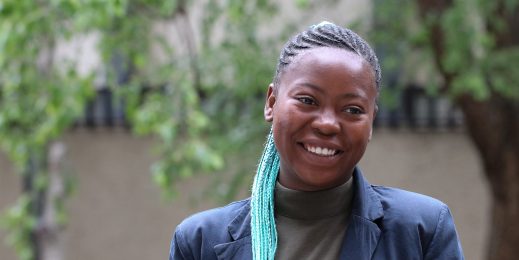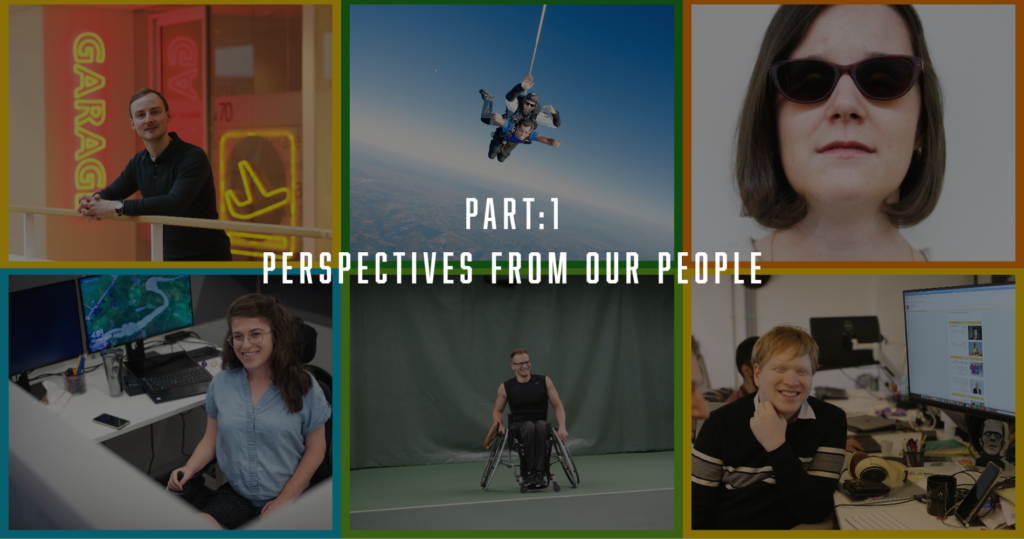
Disability in the workplace: Insights and advice for current or future colleagues
The journey to increasing inclusion in the workplace and creating a more accessible, welcoming environment for people with disabilities is an ongoing one. In this two-part series, we’ll be hearing from our own Microsoft colleagues about how they’ve found the journey so far.
In these articles, they’re sharing insights on their experiences that other current or future colleagues with a disability may find helpful.
How can teams support their colleagues with disabilities? What was helpful for you?
Frederik Gylling, Partner Tech Strategist, Microsoft Denmark: Every disability is personal, so it’s normal if your team doesn’t immediately understand. My particular situation affects my vision, and I think that at first my team was surprised to learn about the extent of its impact. However everyone has been curious to learn more and understand how they can help.
It was important for me to speak up so that everyone was aware of my situation and my manager supported me with this. Adapting to a new environment was a learning experience – it’s about identifying gaps and working with my employer to find the solutions to close them.
Alina Kudriavtceva, Interpreter of M&O, Microsoft Russia: During my job interview I outlined potential issues that might arise as a result of my disability and provided examples of possible solutions. As a result, my colleagues always provide me with necessary support; helping me with tech requests, or in navigating the office space or unfamiliar places during our off-sites. My manager also carefully followed my onboarding journey and assigned me buddies who helped me to adapt to internal procedures.
Ilias Arkoudeas, Software Asset Management Lead & Territory Channel Manager for Education, Microsoft Greece: I acquired my disability 10 years ago in a road accident. Although Greece is not famous for its overall accessibility, company policies have been well defined since then. My manager and team have been thoroughly supportive and proactive in ensuring the office is fully accessible in terms of infrastructure and facilities. Flexible working has also been key in helping to ensure work can be managed alongside my personal life and to perform without compromise.
What kind of adjustments were made at work to meeting your specific accessibility requirements?
Odel Kadosh, Software Developer, Microsoft Israel R&D Center: Among other things, I was given a parking space and improved access between buildings. A kitchenette was also installed on my floor with a special table that would be comfortable to sit and eat at. These adjustments have improved office conditions, giving me the opportunity to express my talent and to put aside the complexity that is an integral part of my life.
Tomi Kuuppelomäki, Sr. Communications Manager, Microsoft Western Europe, Finland: I have been in a wheelchair for almost 30 years, following a motorcycle accident. Since I’m part of a virtual team, my disability doesn’t prevent me doing anything but when we have in-person meetings my requirements are well taken care of. I actually prefer working in the office as it helps me to improve my work-life balance. It’s also convenient for dropping off and picking up my kids, which is helped by having a designated parking space and easy access to the office.
What accessibility challenges have you faced in your career to date?
Yahav Bar, Software Engineer, Microsoft Israel R&D Center: Unfortunately, people make assumptions, so I have encountered many instances of people expressing doubts about my ability to achieve certain goals. I realized that I wanted to join Microsoft when, during my interview, I explained that I was visually impaired and the interviewer answered ‘okay, so what?”. My visual impairment, which is a result of albinism, has not stopped me from striving far. Besides working at Microsoft, I’m a qualified lawyer as well as a teaching assistant in Hebrew University’s engineering and computer science faculty, and I teach Android app development. I do not want special treatment and I don’t want people to lower their expectations of me. I want to challenge myself like everybody else.
Tomi Kuuppelomäki: I have missed out on a few opportunities due to people ‘judging the book by the cover’. Those few occasions have given me more strength to show what I’m capable of, instead of being bitter or angry. Mastering things that people might not think you are able to do – that’s how to overcome the obstacles.
Ilias Arkoudeas: Occasionally I have faced difficulties in meeting and interacting properly with people outside our premises, especially when remote meetings were not possible and no efforts were made to find an alternative solution. Technology can help with this.
What advice do you have for other people with disabilities entering the workplace?
Alina Kudriavtceva: Always be open-minded. Discuss the barriers that directly impact your work with your manager, and share suggestions to help you and your team overcome them.
Frederik Gylling: I think it’s important to align on expectations from the offset and make it clear what you will need in order to do the job successfully, so that you can hit the ground running. The more you talk about it the more people understand. If you are early in your career, join employee resource groups – these have been invaluable for me to share experiences and learn from others.
Odel Kadosh: Remember the reason you’re there. I’m working as a programmer at Microsoft not because I have a wheelchair, and someone took pity on me, but for the same reason that every other person works here: because I’m good at what I do.
Tomi Kuuppelomäki: I would encourage people to try to not consider themselves primarily as disabled, but people who happen to have a disability. Everyone faces their own personal challenges, and everyone is just trying to get things done.
Ilias Arkoudeas: Creating a culture of inclusiveness is about having both the necessary accessibility policies and the mindset of treating everyone equally, irrespective of different kind of abilities. If certain accessibility standards haven’t been adopted in your working environment yet, speak up, be an ambassador and make them happen.






